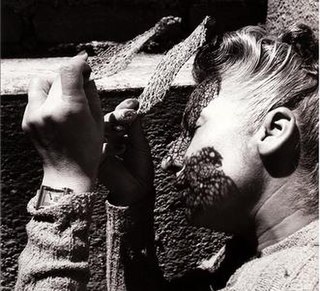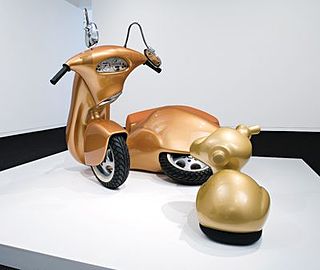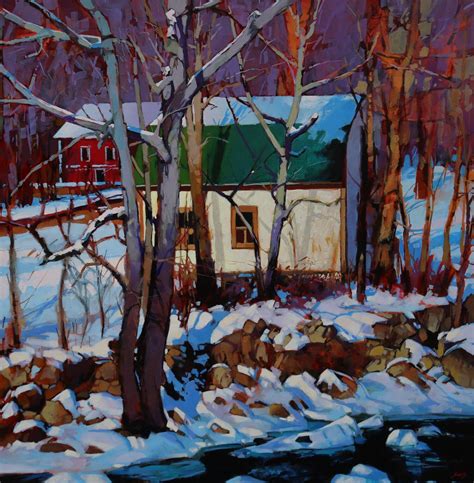A Quote by Lola Alvarez Bravo
If I came out a photographer it's because I knew about painting, composition, and the handling of light.
Quote Topics
Related Quotes
My Dad took a workshop from a photographer who worked at the Toledo Blade, a newspaper I delivered. I knew this photographer's work. My Dad took a night class from him at the University of Toledo. Without that class, I wouldn't have become a photographer, because my Dad came home and taught me what he learned in class.
Stained glass is unique from the outside, but as a painting insider, I know that oil painting's all about light. And it's about the depiction of light, the way that it bounces off different types of skin, different landscapes. The mastery of that light is the obsession of most of my painter friends.
In some exquisite critical hints on "Eurythmy," Goethe remarks, "that the best composition in pictures is that which, observing the most delicate laws of harmony, so arranges the objects that they by their position tell their own story." And the rule thus applied to composition in painting applies no less to composition in literature.
But I have a problem with the term 'light'. I never in my life knew what to do with that. I know that people have mentioned on some occasions that 'Richter is all about light', and that 'the paintings have a special light', and I never knew what they were talking about. I was never interested in light. Light is there and you turn it on or you turn it off, with sun or without sun. I don't know what the 'problematic of light' is. I take it as a metaphor for a different quality, which is similarly difficult to describe. Good.
My mother loaned me $1000. The first issue came out at the end of 1953. I knew I needed something original. I had a photographer shoot a 3D feature for the first issue and learned it would cost too much money. When the 3D thing turned out to be too expensive, at that same moment I came across the photos of Marilyn Monroe.
When I am in a painting, I'm not aware of what I'm doing. It is only after a sort of 'get acquainted' period that I see what I have been about. I have no fears about making changes, destroying the image, etc, because the painting has a life of its own. I try to let it come through. It is only when I lose contact with the painting that the result is a mess. Otherwise there is pure harmony, an easy give and take, and the painting comes out well.
Then you learn about composition, you learn about old masters, you form certain ideas about structure. But the inhuman activity of trying to make some kind of jump or leap, where , the painting is always saying, 'What do you want from me? I can only be a painting.' You have to go from part to part, but you shouldn't see yourself go from part to part, that's the whole point.



































